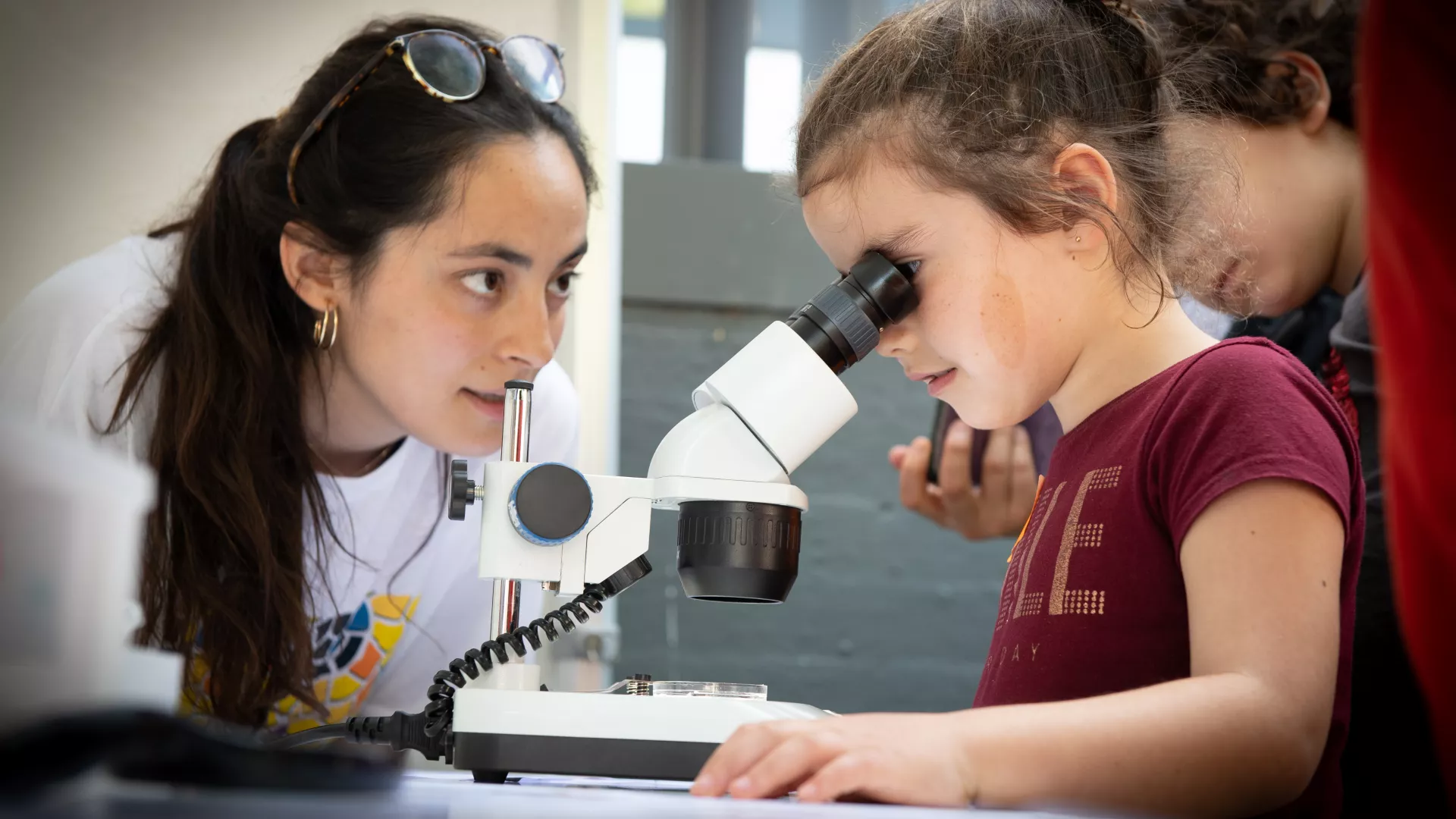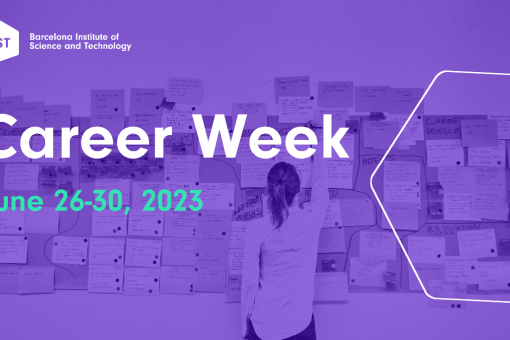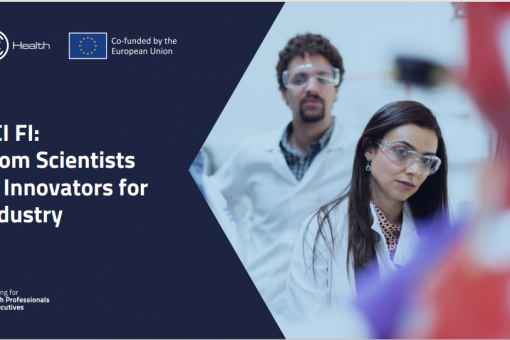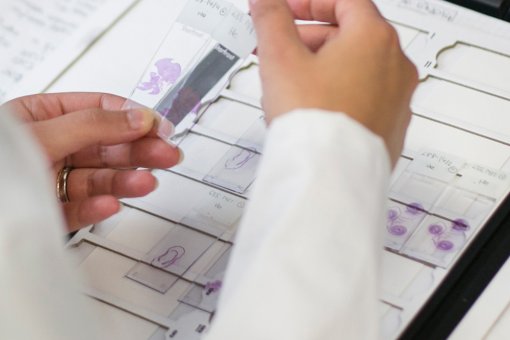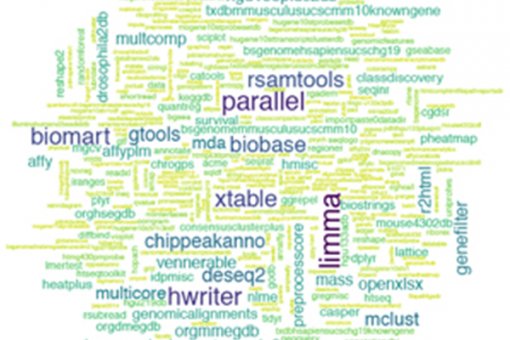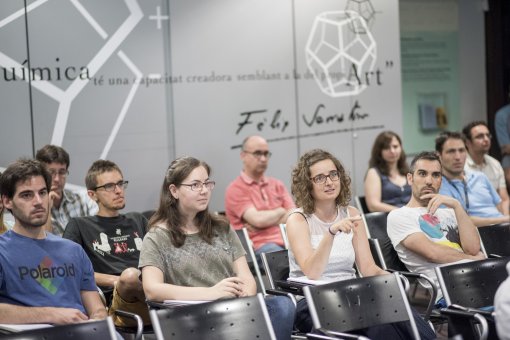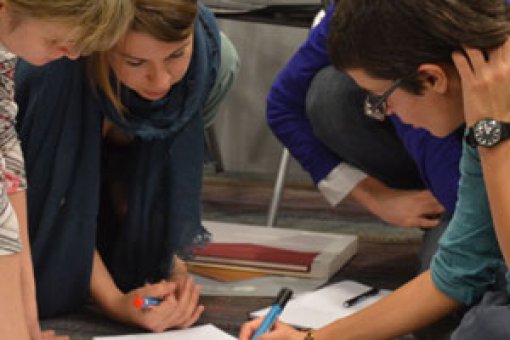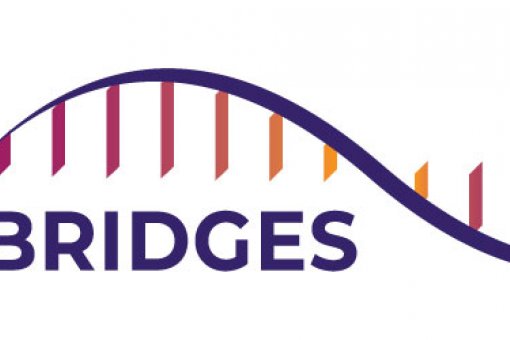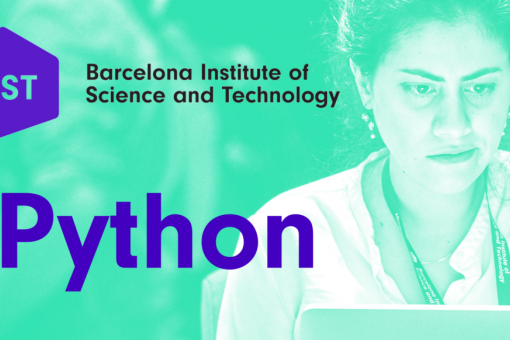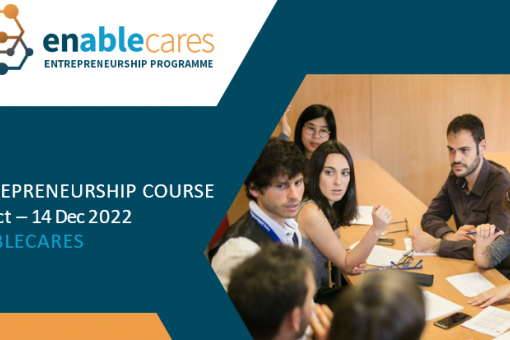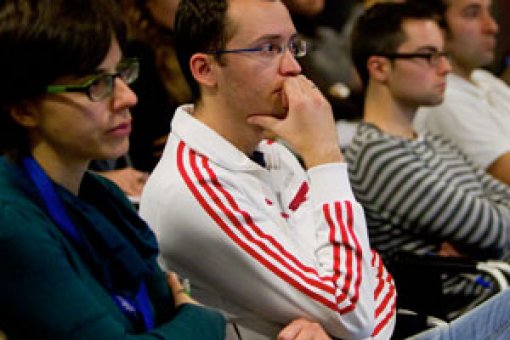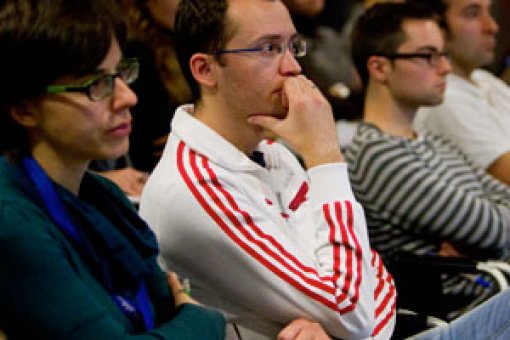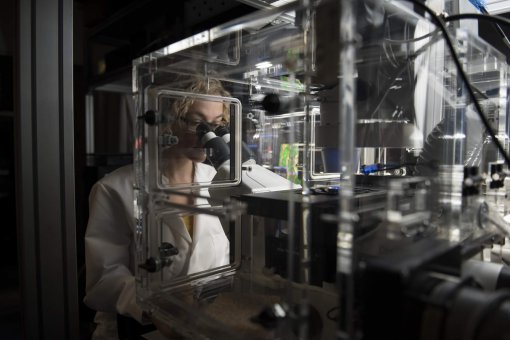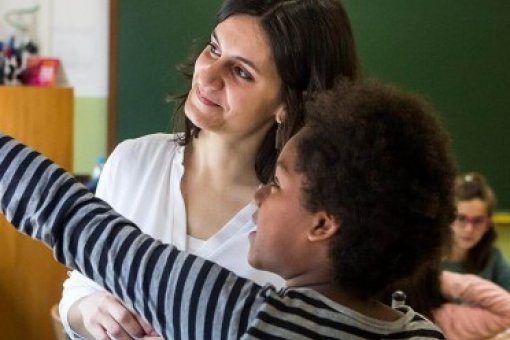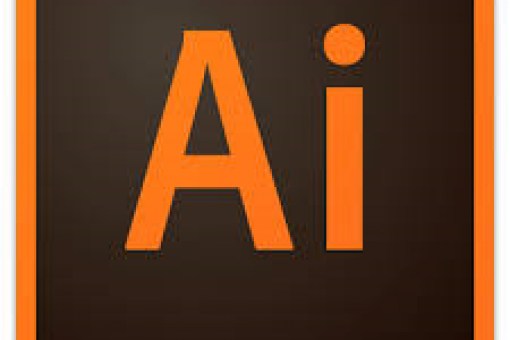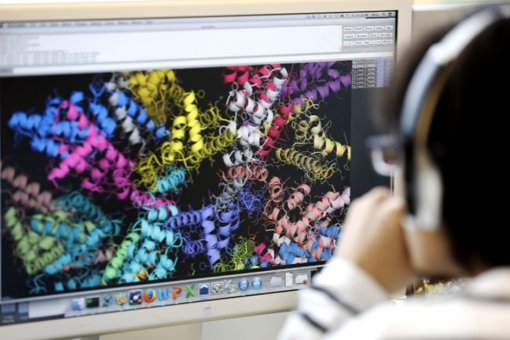The workshop will introduce participants to the field of experimental histopathology by reviewing the basic concepts of pathology (macroscopic and microscopic lesions/tissue evaluation), and the routine and specialised histological techniques used to obtain and process tissue samples. Notions of digital pathology and image analysis will be also covered.
Moreover, several examples of the applications of histopathological studies to biomedical research will be presented.
The session is addressed mainly to PhD researchers and users of the Histopathology Facility (previous registration requested).
If you are a young life scientist, SCI FI can give you the skills you need to thrive as an innovator in the healthcare industry.
The first session will concentrate on the well-established methods of classical transgenesis and gene-targeting via embryonic stem cells, and will include examples of how to produce a range of mutation types; for example over-expression models, gene knock-outs and point mutations, both constitutive and conditional.
The second session will address more recent developments, such as the use of gene-editing nucleases, their advantages and limitations, and novel methods of gene transfer.
The workshop will provide a general description of the unit, an introduction to basic statistical concepts, an overview of research integrity topics and research data management, and hands-on experience of bioinformatic tools available on the web.
Enablecares Entrepreneurship “Online Closure Event”, participants from previous editions of the course from Barcelona, Nijmegen, Milan & Copenhagen are invited to come together to enhance the multi-site experience & put into practice the know-how and skill-set developed during the course in a “Business Case Workshop” led by expert entrepreneurial trainer Jeff Skinner. They will also get to hear first-hand experiences from four life-science entrepreneurs, one from each site.
#Enablecares
What can you do to make yourself a more effective doctoral researcher and get the most out of your PhD?
BIST centres by using the VITAE’s framework, have organised an interactive and intensive two-day course: “How to succeed in your PhD?”, which has been designed for you as first year doctoral researcher and will look at practical ways to increase your effectiveness and meet the challenges of your PhD.This round table embraces the philosophy of the ENABLECARES project regarding training in entrepreneurship & complementary skills for young researchers working in the life sciences.
#BCNHealthInnovationWeek
Entrepreneurship & innovation training course optimised for biomedical researchers is aligned with market demands and strategic policies. This course seeks to empower junior scientists by giving them the tools to explore their potential as entrepreneurs and their interest in pursuing careers in business or innovation management, thereby increasing their employability in academia and beyond.
The workshop will introduce participants to the field of experimental histopathology by reviewing the basic concepts of pathology (macroscopic and microscopic lesions/tissue evaluation), and the routine and specialised histological techniques used to obtain and process tissue samples. Notions of digital pathology, image acquisition and processing will be also covered.
Moreover, several examples of the applications of histopathological studies to biomedical research will be presented.
The session is addressed mainly to PhD researchers and users of the Histopathology Facility (previous registration requested).
Do you want to continue improving as a PreDoc researcher and excel at your PhD?
The course How to succeed in your PhD [II] for doctoral students has been exclusively designed by Kate Mahoney and the Barcelona Institute of Science and Technology (BIST) using VITAE’s framework. It will offer you the opportunity to focus on developing competences for successful self-management and development during the doctorate.
The Advanced Digital Microscopy Core Facility is organising a 11-hours course on Advanced Optical and Fluorescence Microscopy, including Image Analysis.
The first session will concentrate on the well-established methods of classical transgenesis and gene-targeting via embryonic stem cells, and will include examples of how to produce a range of mutation types; for example over-expression models, gene knock-outs and point mutations, both constitutive and conditional.
The second session will address more recent developments, such as the use of gene-editing nucleases, their advantages and limitations, and novel methods of gene transfer.
Managing projects with impact, excellence, and efficacy
In this course we will introduce the basic concepts, techniques and procedures of Project Management. We will learn the vocabulary and general guidelines and understand the process in its entirety.
This workshop led by Cecilia Gorriz (digital designer) will be focused on how to create and edit scientific images with Adobe Photoshop and Adobe Illustrator.
This workshop led by Cecilia Gorriz (digital designer) will be focused on how to create and edit a scientific thesis with Adobe Indesign.
If you are a young life scientist, SCI FI can give you the skills you need to thrive as an innovator in the healthcare industry.
A general introduction to the Python programming language, oriented towards Scientific Computing
